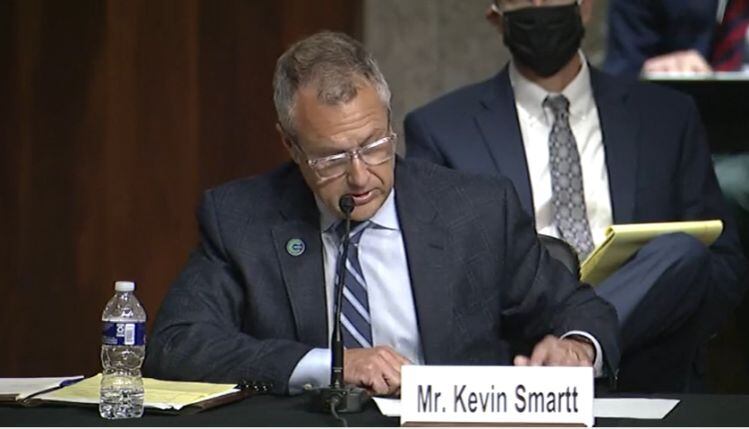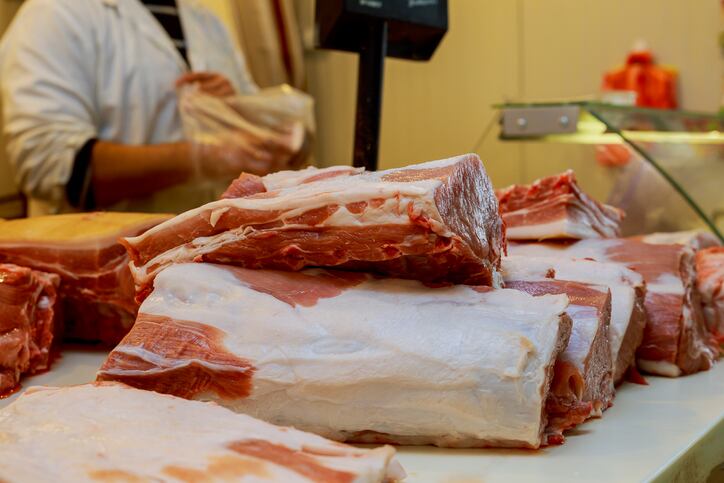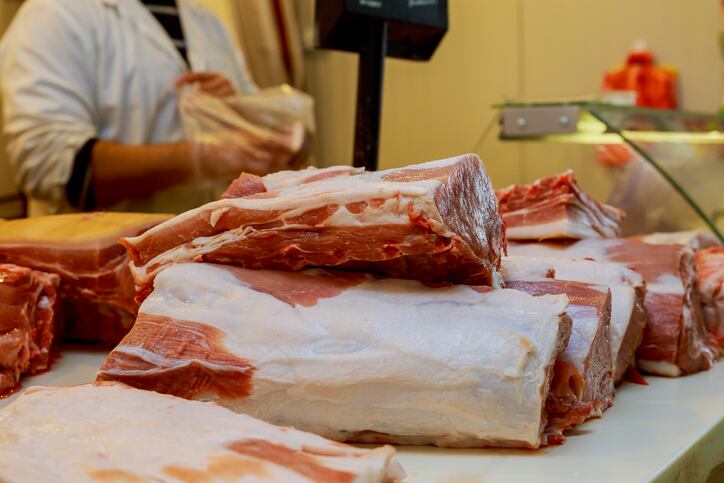Speaking to FoodNavigator-USA after the Senate judiciary committee discussed employer liability issues at a hearing on Tuesday, food retail and wholesale trade association FMI The Food Industry Association said businesses that have acted in good faith to follow rapidly evolving local, state, and federal guidance “should not have to face lawsuits that second guess these efforts after the fact.”
Unlike businesses subject to lockdown orders, food businesses have been attempting to fix their planes while flying them, noted CEO Leslie Sarasin in a letter to the committee.
“FMI members have remained open and staffed, even as evolving conditions and guidance have forced our industry to be resilient and adaptive in ways that could not have been planned for nor even foreseen.”
'The last thing any business needs is to face potentially crippling liability'
Citing challenges over securing PPE for staff in recent weeks, Sarasin noted that “Putting evolving guidance and best practices in place can be a complex logistical operation, with implementation delays sometimes inevitable.”
She added: “The last thing any business needs is to face potentially crippling liability after following government guidance and providing the food that Americans need during this emergency.
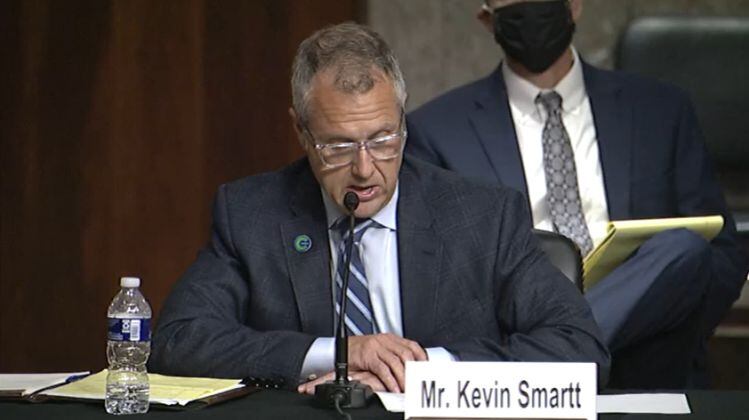
'Sensible and focused legal liability protections'
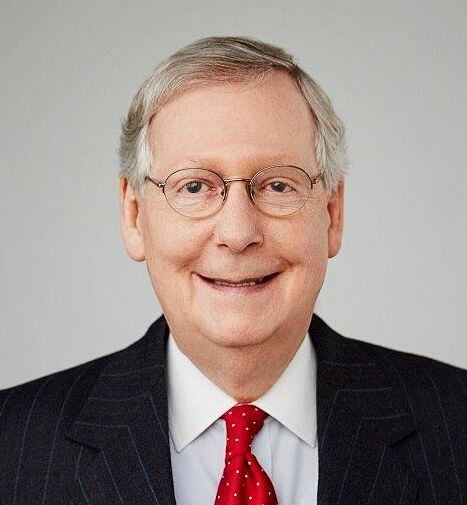
In a separate letter to McConnell and Senate minority leader Chuck Schumer, FMI's Sarasin added: “Retroactively seeking to apply standards that could not possibly have been deployed in real-time carries with it the threat of significant economic damage and sows confusion about how to move forward with the industry’s mission to keep stores open and supply chains functioning.”
She added: “FMI asks that Congress pass sensible and focused legal liability protections that safeguard our ability to continue feeding Americans. We do not seek to protect bad actors or behavior that reflects gross negligence, recklessness, or willful misconduct.
“Reasonable protections should give businesses a liability safe harbor when following an appropriate standard of care to protect its employees and customers from exposure to COVID-19. This standard of care could include following CDC or other federal guidelines to reduce exposure risk.”
Kwik Chek CEO: 'Shifting and conflicting' guidance
Kevin Smartt, CEO at Kwik Chek Convenience Stores in Texas, told the Senate judiciary committee that his company had worked hard to adapt to "shifting and conflicting" advice from public health officials, and urged lawmakers to take into account four principles when considering legislation:
- "Protect essential businesses that were asked to stay open against claims that someone contracted the virus due to their operations.
- Tailor liability protections to cover responsible businesses that take precautions, but do not protect bad actors.
- Separately evaluate any questions of compensation for people who get sick from the question of whether and when businesses should be liable.
- Make these protections temporary."
CSPI: 'Legal accountability provides essential incentives for businesses to take reasonable protective measures'
However, Washington DC-based health advocay group The Center for Science in the Public Interest (CSPI), in turn, told lawmakers in a recent letter that new legislation was not required as the “law already adequately shelters businesses that take reasonable precautions to protect employees and the public from contracting COVID-19.”
There are also “other existing legal structures that already limit companies’ exposure to liability—including targeted coronavirus immunity in numerous states, worker’s compensation coverage, damage caps, federal immunity provided to vaccine manufactures, and liability insurance,” added the CSPI.
“Companies that follow administrative regulations and guidance, adopt industry best practices, and take reasonable precautions will have better outcomes and some legal protection.”
Attorney: 'You’re going to see a lot more suits'
While this may be true, it doesn’t stop you from getting sued in the first place, said Lathrop GPM attorney Eric Swan, who was speaking to FoodNavigator-USA after Walmart and Quality Sausage Co were hit with wrongful death lawsuits.
In a wrongful death suit, he said, the question is, “Was the company negligent, did they fail to exercise reasonable care? The fact that you followed CDC guidelines could be evidence you use in your defense, but right now there is no shield that says you can’t sue me in the first place or that the case should be immediately thrown out because I was following the CDC guidelines.”
Many companies may also choose to settle even if they did their best to protect staff owing to the cost and risk of protracted litigation, he added. “If it’s a large company being sued by one employee, they’ll probably fight it, but the larger these suits get [class actions etc], the leverage for settlement become greater.”
Put another way, while many companies may ultimately be able to prove that they were not negligent, and that they followed relevant public health guidelines in good faith, it still costs a huge amount of money to defend yourself in such cases, he said.
“It’s not much comfort if you’ve already spent $250k on your defense, which is why I think some kind of liability protection [whereby you can’t bring a lawsuit alleging a business is responsible for your infection] in this unique circumstance is critical. That shield could be crafted in different ways, and it would require legislation at the federal level, but I think it would also be good to have this in the state level as tort law is 90% state law driven.”
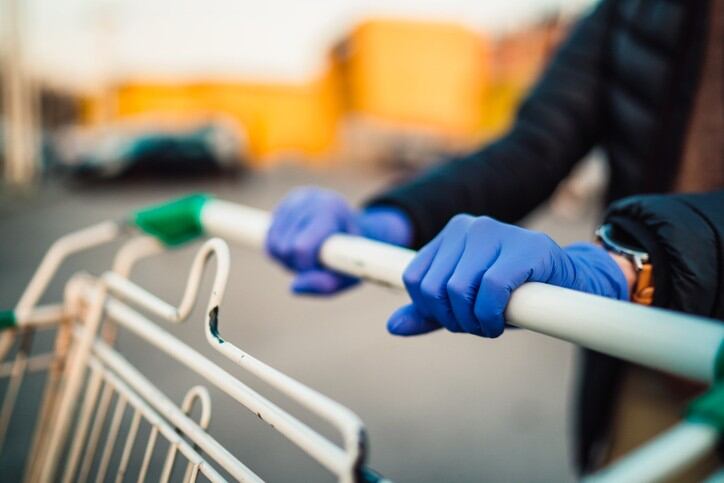
'The fact it’s hard to prove causation won’t stop the lawsuits'
He added: “You’re going to see a lot more suits by employees against employers and I can also envision suits from employees that come home and infect a family member [who subsequently becomes ill or dies from COVID-19].”
While it can be difficult to prove that an individual contracted COVID-19 at work, he said, “I think you’ll see it at places where there are hotspots [such as meat plants] where it’s easier to trace it back to the business, and the ability to do that that will increase as contact tracing increases. But the fact it’s hard to prove causation won’t stop the lawsuits.”
'If you say the standard is gross negligence, it won’t stop the lawsuits'
So is it possible to craft legislation that somehow provides broad protections for responsible employers without providing a blanket shield for bad actors or gross negligence, as Kevin Smartt and other food industry executives suggest?
It’s easier said than done, said Swan. “If you say OK then the standard is gross negligence [as opposed to just negligence],” it won’t stop the lawsuits, he said, as any plaintiff’s attorney will always argue that a defendant was grossly negligent.
“You can allege anything you want and try and push for a settlement.”
Once you try and craft rules that might permit some firms to be sued but not others, you also run into issues, he added: “Let’s say you said, if your business is doing x, y, and c, you can’t be sued. The problem is, x, y, and c would be so different for a hardware store than for a meatpacking plant,” making it difficult to come up with a simple checklist of things that lawmakers could stipulate.
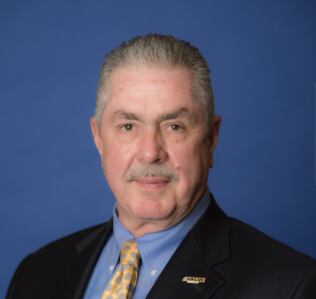
Document what you are doing to comply with local, state, and federal guidance
But are food companies - and defense attorneys - being unduly alarmist about the threat of 'unfounded' litigation? What if judges toss most COVID-19 related lawsuits on the grounds that the companies in question did their best to protect workers? Wouldn't that deter plaintiff’s attorneys from filing a second wave of suits?
Probably not, said Swan, “as they will always argue that the facts are different in every case. There is not a fact-independent legal theory that would immediately get rid of them.”
So what can firms do to protect themselves right now? “Check federal (eg. CDC/OSHA), state, and local guidance, and document what you are doing to comply,” he said.
“It’s like an extension of those signs you see in bathrooms… this was last cleaned at…”
If you haven’t been sued yet, however, and feel like you can use this time to get your ducks in a row, that doesn’t mean you’re off the hook, he said, noting that law firms could wait up to six years to file cases. “The fact that thousands of lawsuits haven’t been filed yet doesn’t mean it won’t happen.”
He added: “I think most employee claims may ultimately be covered by the workers compensation system [whereby employers pay their insurance and workers can get compensated if they are injured on the job]. The recoveries are generally less than you might get in a civil lawsuit, but the standards of proof are lower.”
- Watch a video of the Senate judiciary committee hearing HERE

